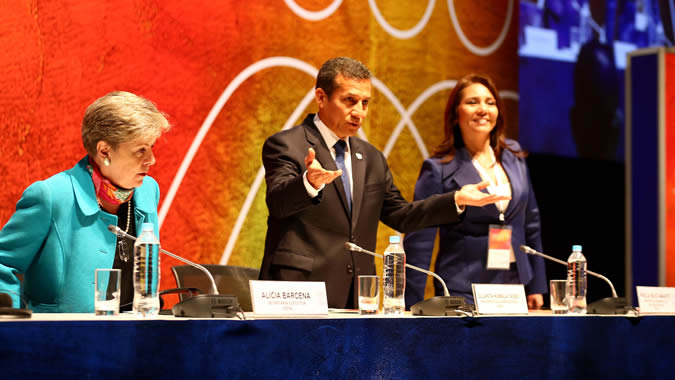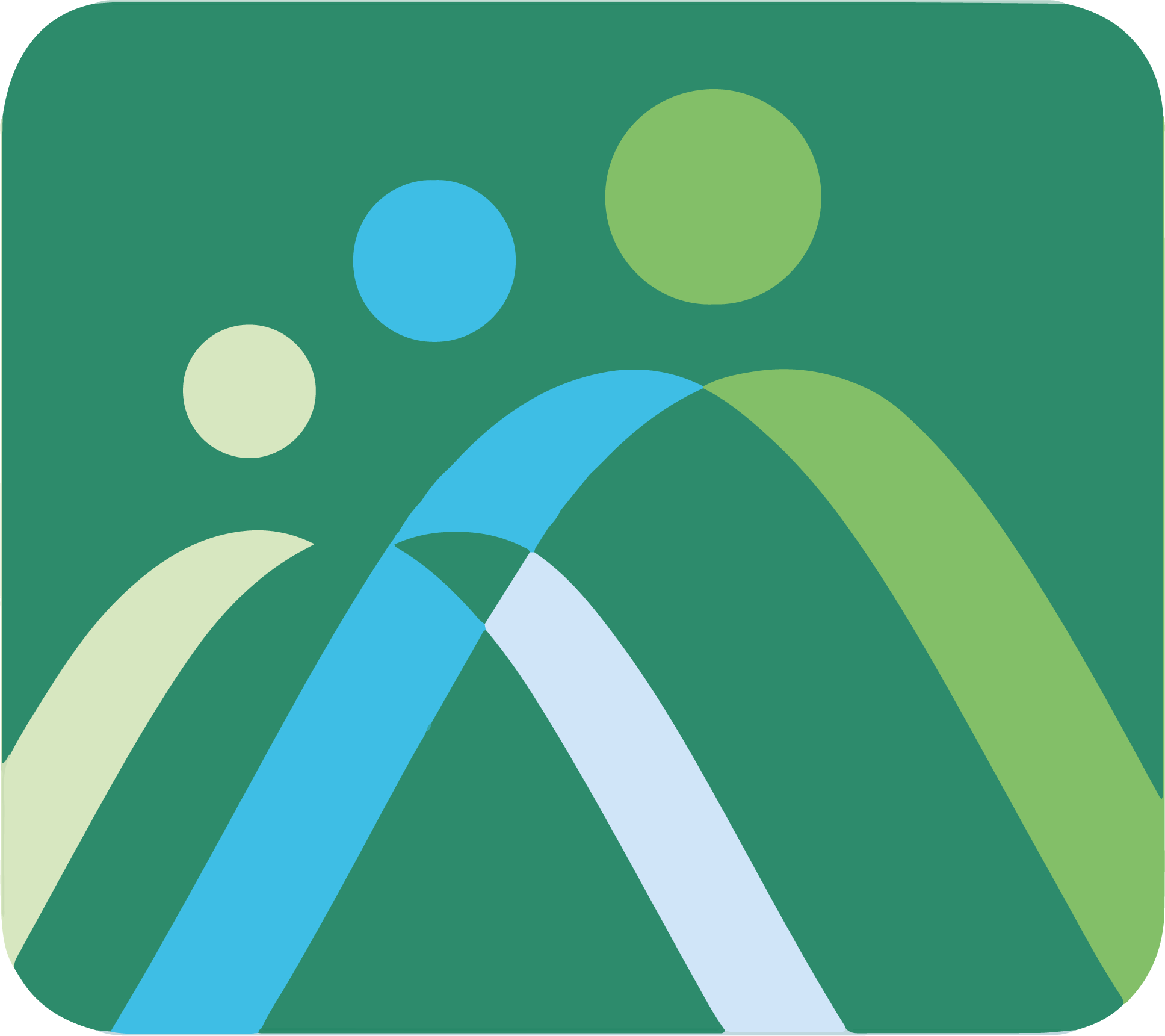ECLAC Calls for Redoubling Efforts to Combat Poverty and Inequality in a Scenario of Deceleration
Work area(s)
A new study by the United Nations regional organization highlights the importance of creating productive and decent jobs, since wage income represents 80% of total household income on average in the region.

The Economic Commission for Latin America and the Caribbean (ECLAC) calls for redoubling efforts to defeat poverty and reduce inequality in the current context of economic deceleration in the region, in its latest study entitled Inclusive social development: The next generation of policies for overcoming poverty and reducing inequality in Latin America and the Caribbean.
This new document by the United Nations regional organization will be presented officially, and analyzed by authorities and specialists of the region, during the Regional Conference on Social Development in Latin America and the Caribbean, which will take place from Monday, November 2 through Wednesday, November 4 in Lima, Peru.
According to ECLAC, in the last decade Latin America and the Caribbean made notable progress in diverse areas of social development, including a significant reduction in poverty and a moderate decline in inequality as a result of social and labor-market policies implemented in a favorable economic scenario, which enabled objectives related to social inclusion to gain unprecedented space on the public agenda and in development strategies.
But there is still a long path ahead, the Commission stresses, above all considering the current economic situation, which augurs difficulties in terms of returning to the growth rates recorded in previous years and maintaining public spending levels in some countries.
Poverty reduction has stagnated since 2012 and indigence shows a slight upward trend. In addition, Latin America and the Caribbean continues to be the most unequal region in the world in terms of income distribution. According to the latest estimates by the regional organization for 19 Latin American countries, in 2014 there were 167 million people in situations of poverty (28% of the total population), of whom 71 million (12% of the total population) were indigent.
Furthermore, figures from 2013 indicate that only half of the population of Latin America and the Caribbean (49.1%) does not live in situations of indigence, poverty or vulnerability to poverty. Children, women, young people, older adults, persons with disabilities, indigenous peoples and Afro-descendants are the groups that most suffer situations of discrimination, scarcity, deprivation of rights or vulnerability in the region, ECLAC states.
According to information gathered in household surveys from eight Latin American countries in 2011, 7% of the population that is neither indigenous nor Afro-descendant is indigent or highly vulnerable to indigence, a percentage that rises to 11% in the case of Afro-descendants and to 18% among indigenous peoples. Similarly, while 62% of the non-indigenous and non-Afro-descendant population was considered to be not vulnerable, this figure falls to 56% in the case of Afro-descendants and to just 33% among indigenous peoples.
In the same vein, in the region women account for approximately 51% of the total population but only access 38% of the total monetary income that people generate and earn, with the remaining 62% going to men.
“Of the different aspects of society that produce, exacerbate or mitigate inequalities, the most decisive is the world of work. It is there that most household income in Latin America and the Caribbean is generated, along with the inherent inequalities in its distribution,” the organization explains in the document.
According to calculations by ECLAC based on data from 17 Latin American countries from around 2013, wage income represents on average 80% of total household income; 74% of the total income of households in situations of poverty; and 64% in households in situations of indigence. The Commission also estimates that 18.9% of all employed people earn incomes that are below the poverty line in Latin America and the Caribbean.
These figures show that a high percentage of people in situations of poverty and indigence in the region are part of the labor market; nonetheless, the income they receive from this source is not enough to meet their needs. That is the reason behind the importance of accessing productive, quality employment and decent work.
In this context, it is crucial that countries redouble their efforts to strengthen and improve social policies and particularly the strategies to reduce poverty and extreme poverty, ensuring their financial sustainability and providing them with the tools that will guarantee their efficiency and effectiveness, ECLAC indicates.
In this sense, the organization called for working on the three dimensions of sustainable development: economic, social and environmental.
“A world free of poverty cannot be achieved without substantially reducing inequality. Social issues are not played out in the social sphere alone, but also in the economy, politics and the environment. By the same token, production diversification and structural change are not achieved exclusively through the economy: economic prosperity also hinges on inclusive social development and better living standards,” ECLAC’s Executive Secretary, Alicia Bárcena, states in the document’s foreword.
Although the region achieved the goal established in the first of the eight Millennium Development Goals (MDGs) by halving indigence in 2015 (compared with 1990 levels), ECLAC insists that it is indispensable that significant efforts be made to comply with the recently adopted Sustainable Development Goals (SDGs), especially the first one, which aims to eradicate extreme poverty in all its forms by 2030.
In addition to offering an assessment of recent achievements and the challenges that persist in terms of poverty and inequality, this new report by ECLAC analyzes the institutions in charge of social policies and proposes policy orientations in various areas that are key to inclusive development.
For queries or to request interviews, contact:
María Amparo Lasso, Chief of the Public Information Unit - mariaamparo.lasso@cepal.org; cell phone: +56 9 79678306, +56 22210 2040.
Daniela Estrada, Public Information Assistant - daniela.estrada@cepal.org; cell phone: +56 9 92478224.
Related content
Inclusive social development: The next generation of policies for overcoming poverty and reducing inequality in Latin America and the Caribbean
Presentation by ECLAC Executive Secretary, Alicia Bárcena, in the Regional Conference on Social Development in Latin America and the Caribbean.
Country(ies)
- Latin America and the Caribbean
Contact
Public Information Unit
- prensa@cepal.org
- (56 2) 2210 2040
